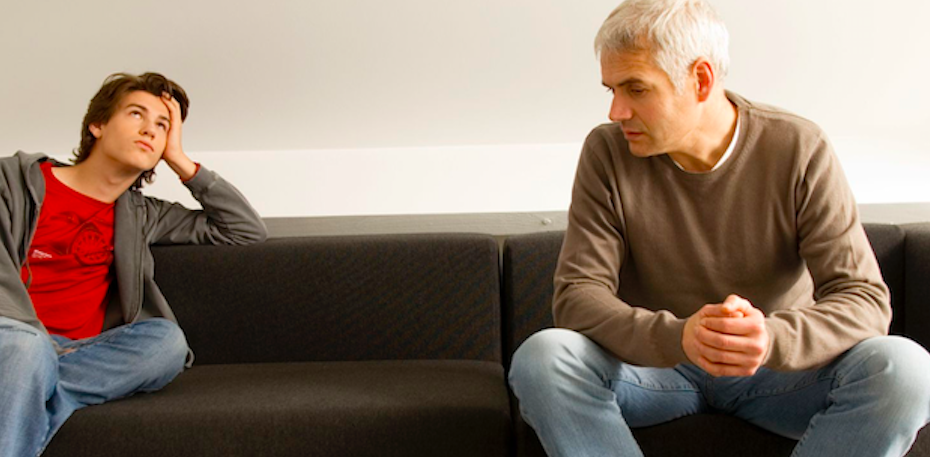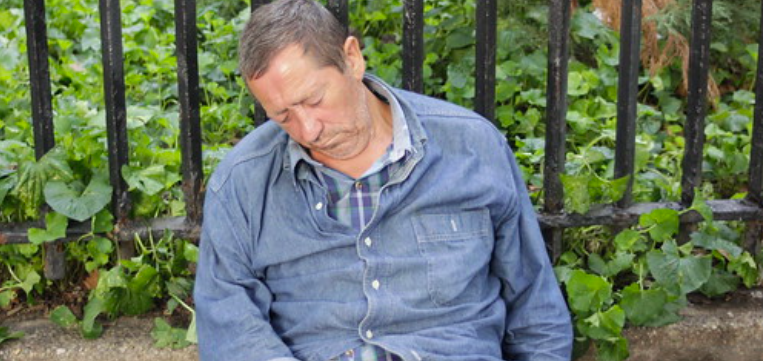Listen to the 5-minute podcast version
Watch a 1.5-minute video
It was the darkest time of our lives.
Our son was doing things that were becoming increasingly dangerous. What we knew about frightened us greatly, but it was what we didn’t know that kept us awake at night.
He told us everything was fine, but when we enforced boundaries we had set, he fought us fiercely. We knew he was heading in a negative direction, but we weren’t sure what to do about it.
Looking back, I know I made mistakes during those times. I got angry when I should have stayed calm, and I lectured when I should have listened. But there is one thing I will always be thankful for.
I didn’t do nothing.
“We can try to avoid making choices by doing nothing, but even that is a decision.” (Gary Collins)
Doing Nothing is a Decision
Analogy is a teacher, and we can gain insight from comparisons. Such as with these examples of what it’s like when parents decide to do nothing, even when they know something is wrong:
- If your son wanted to eat something that you knew was poisonous, and he got mad when you told him not to, you wouldn’t give in and let him do it just to avoid a confrontation.
- If your daughter was sick, and there were doctors who could heal her, you wouldn’t avoid getting help because you were embarrassed that she needed treatment.
- If your son had cancer that was treatable and preventable, you wouldn’t ignore his condition and hope it goes away on its own.
- If your daughter was choking to death, and you weren’t sure of the best way to help, there is one thing you would not do—nothing.
But why do many parents do those things when their kids are abusing alcohol and drugs?
“Making no decision is a decision. To do nothing.” (Robin S. Sharma)
The Cost of Doing Nothing
Doing nothing is a decision, and it’s one that can hurt your son or daughter severely if they are on the road to addiction. Because, while you are doing nothing, this is what is happening to them:
- They stop maturing. Their normal development of learning to cope with the world in a healthy manner is put on hold, and it stays there as long as they continue drinking or using.
- Their brain is being affected—damaged—by the alcohol or drugs they are consuming.
- Their physical and emotional dependence on those substances and behavior gets stronger.
- Very likely, their self-defenses of rationalization and isolation are becoming more ingrained.
- The insanity of substance abuse chips away at their character and spiritual development.
- The guilt and shame they feel is likely deepening, turning them back again and again to the one thing they know that will help them feel better for a while.
Remember, doing nothing is a decision. And, too often, it is a very costly one.
“No decision is, in itself, a decision.” (William James)
When Doing Nothing is Okay
But in our discussion on how doing nothing is a decision, it bears mentioning that sometimes doing nothing is the right decision.
Such as when we adopt the serenity to accept things we cannot change. And if we pause rather than responding in anger. Or when we stop enabling our kids’ self-destructive behavior.
Doing nothing is a decision that may be okay if we do it thoughtfully and on purpose. But, too often, we do nothing out of ignorance, or busy-ness, or apathy, or codependency, or pride, or insecurity, or fear. And our kids suffer in the process.
Until we decide to step forward with courage and do the next right thing.
“Doing nothing is also an action; not making a decision is making a decision.” (Bohdi Sanders)
Question: What is your key take-away from “Doing Nothing is a Decision”?
Action: Think of an area where you should do something, and take a first step.


